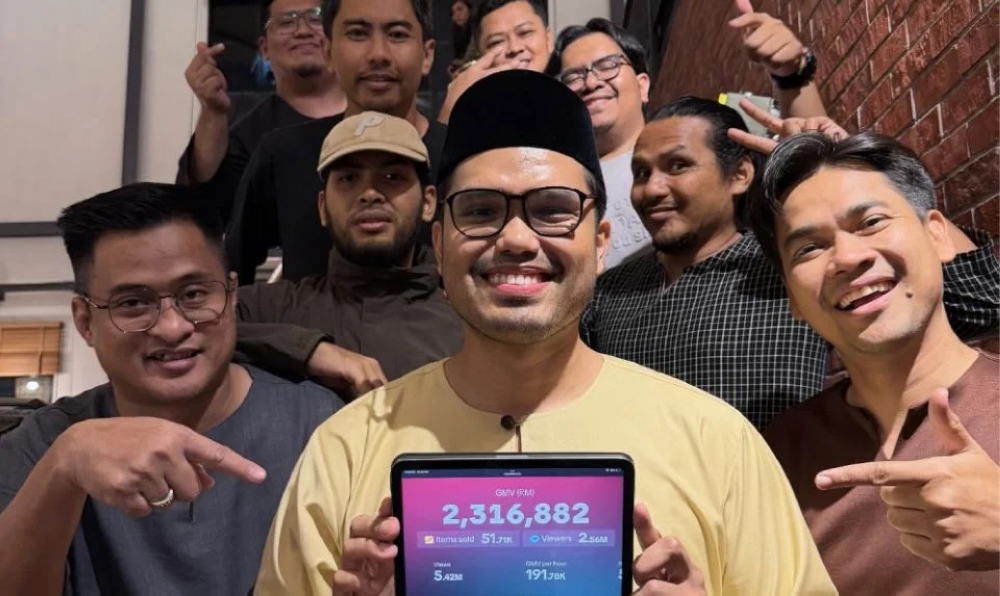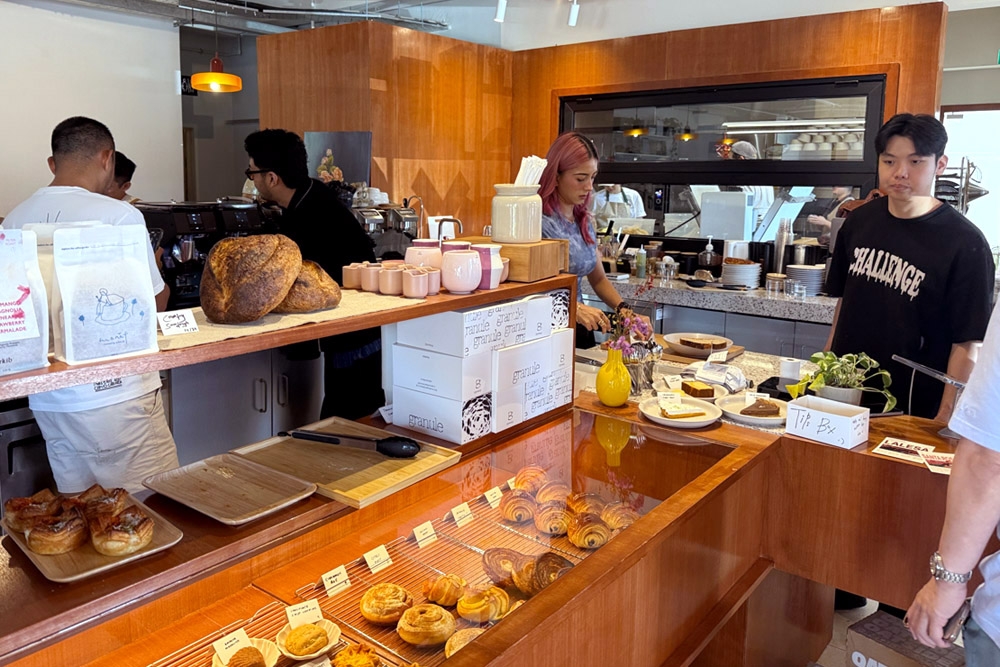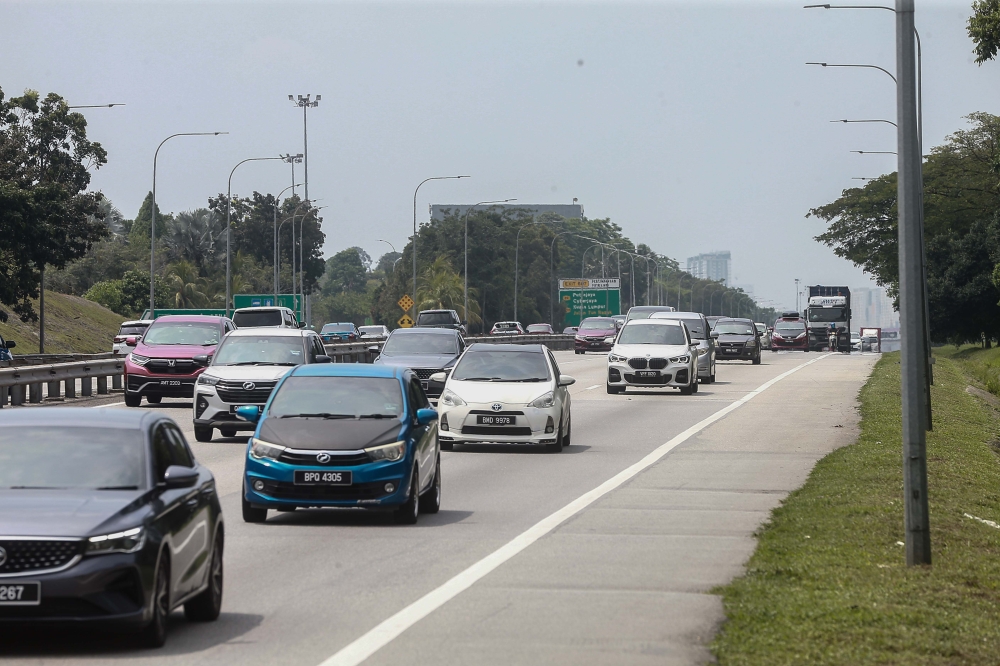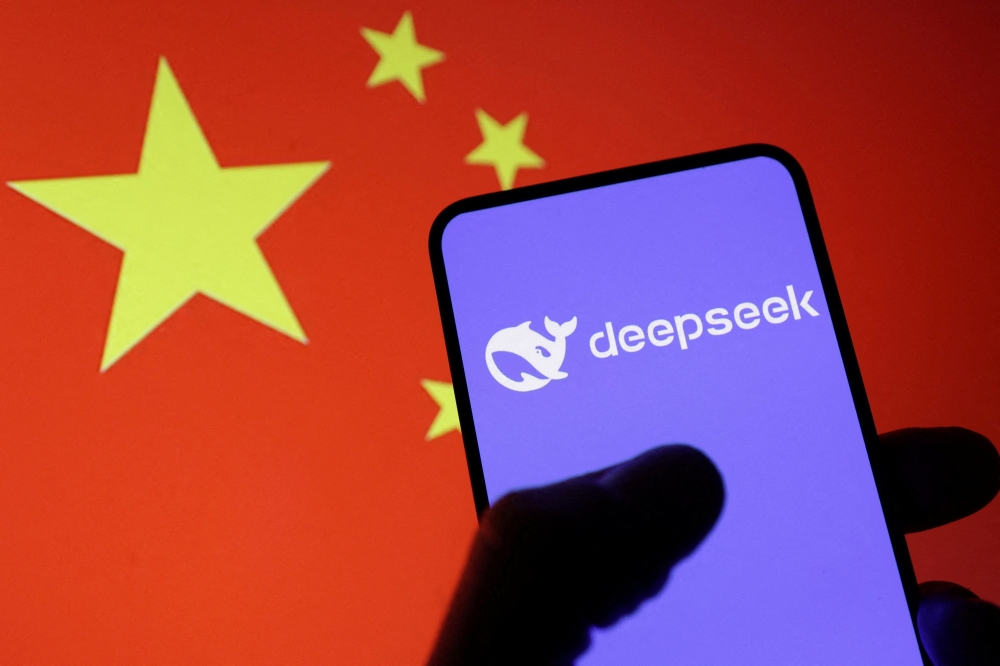SAN FRANCISCO, March 25 — Calling on the services of a robot to make a reservation or to buy something online is already a day-to-day occurrence. Using systems laid out like conversations, chatbots take into account user needs to take action, such as making bookings, on their behalf. We look at a few examples in France and the United States that are responding to particular challenges that have emerged during the pandemic.
Whether on fashion and beauty websites, travel sites or e-tailer platforms, chances are you’ve almost certainly come across a bot when surfing the internet. These algorithms are particularly popular with companies, as a means of making contact with customers more easily. And this is where chatbots come in.
In France one of the most familiar examples is the algorithm used by the country’s national railway company, SNCF. On its website, the OUIbot tool takes the form of a chat. The bot asks users where and when they want to travel then proposes available dates and times. Available to use 24/7, this kind of virtual travel agent tends to closely resemble the kind of contact customers would typically have with a real-world agent.
In use for several years, these automatic programs improved quickly and soon became essential tools, capable of managing dull and repetitive tasks for users. For example, bots can be used on the online marketplace eBay to make bidding easier. Simply enter a maximum and minimum amount, and the application takes care of the rest. There’s not much in the way of interaction, but the aim is clear: Win an auction to buy an item.
Bots: The new personal assistants
Bots are also gradually gaining ground in the medical world. Certain health organisations have been using them for a while. For example, last March, the World Health Organization launched a Facebook Messenger chatbot to answer people’s questions about the pandemic. More recently, Covidbot has now also landed. This platform, developed by a start-up called Clevy, can help people who think they’ve come into contact with the virus to determine what further action they should take. It doesn’t give medical advice, but the solution has notably been rolled out to help unclog emergency care services. Developed with France’s Institut Pasteur, Covidbot asks users a series of 23 questions and places them in one of three categories: “At risk,” in which case, the user is directed to emergency services, “suspected case,” which directs users to an online consultation; and “low risk,” which nevertheless suggests users make an appointment with their personal physician.
Bots can even help people book a medical appointment. In the US, for example, bots can alert people looking for an available appointment to get their covid-19 shot, saving them the trouble of spending days or eve, weeks hanging on the phone or surfing various websites to find a spot. In Massachusetts, @vaccinetime shares with its 32,500 followers updated links for vaccination sites in the state with available appointments.
This way of saving time (and effort) is also familiar to some people trying to find a date to take their driving test in France. With an average 62 days’ wait to get a date for the practical exam, and the need to connect every day at midday in the hope of finding an available spot, some learner drivers are ready to spend €15 (approx. RM73) a month on the services of Candibot, a robot capable of taking over this difficult and time-consuming search. — ETX Studio




















